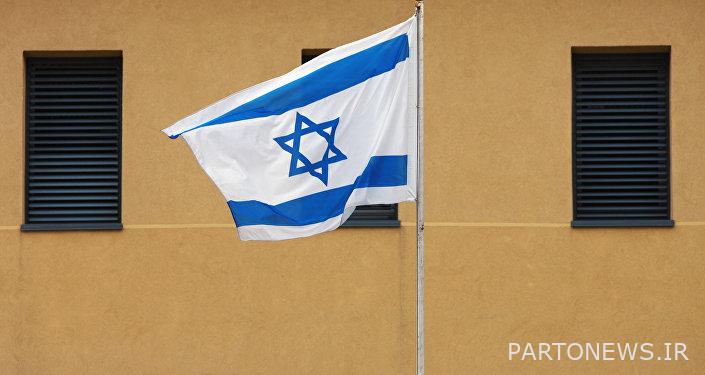Haaretz: Israel must seek refuge in the United States from Iran

Get a short link
https://cdn1.img.ir.sputniknews.com/i/logo-itemprop.png
Sputnik Persian
https://ir.sputniknews.com
Sputnik
https://ir.sputniknews.com

https://ir.sputniknews.com/politics/202109238301488-%D9%87%D8%A7%D8%A2%D8%B1%D8%AA%D8%B5-%D8%A7%D8%B3%D8% B1% D8% A7% D8% A6% DB% 8C% D9% 84-% D8% A8% D8% A7% DB% 8C% D8% AF-% D8% A7% D8% B2-% D8% A7% DB % 8C% D8% B1% D8% A7% D9% 86-% D8% A8% D9% 87-% D8% A2% D9% 85% D8% B1% DB% 8C% DA% A9% D8% A7-% D9% BE% D9% 86% D8% A7% D9% 87-% D8% A8% D8% A8% D8% B1% D8% AF /
The Tel Aviv newspaper reported that Israel now needs to deepen relations with the United States in order to receive diplomatic and military support in order to receive more military and diplomatic support in the face of Iran.
According to Sputnik, the Israeli newspaper Haaretz in a report reiterated Israel’s claim that there are military targets in Iran’s nuclear program and that Iran now has enough nuclear knowledge and fissile material to produce a nuclear weapon on the “threshold”. “According to an article by Israeli Foreign Minister and former War Minister Ehud Barak published last week in the Yedioth Ahronoth newspaper, this is a strategic fact that Israel must grapple with today.” Slow down.
“Netanyahu was very afraid of the closeness of US-Iranian relations and strongly invested in diplomacy and military operations to sabotage them,” Haaretz wrote, referring to Benjamin Netanyahu’s sabotage in shaping a nuclear deal between Iran and world powers in 2015. می کرد. But he failed both to improve relations between the two countries in the future and to establish a dialogue between Iran and Israel to reduce tensions and prevent a war that neither side wants.
Noting that Israel has so far failed to form a dialogue with Iran, even indirectly, through diplomatic means that could address regional issues and reduce bilateral tensions, the paper writes: Ehud Barak also stated in his article that the operation It is no longer possible for the Israeli military to attack Iran’s nuclear facilities in a way that could prevent Iran from crossing the “threshold” for several years.
According to him, even the United States, whose army is much stronger than the Israeli army, has no operational plan to attack Iran or is willing to do so. Barak concludes that Israel should deepen its relations with the United States and seek more diplomatic and military assistance.
“Experience has shown that when Israel struggles with a security problem, it relies more on the United States,” it said. It also seeks to re-examine its nuclear ambiguity policy, refusing to endorse foreign media reports about its nuclear capability and refraining from conducting nuclear tests or claiming to have nuclear weapons.
“The main constraint on Israel in ending this policy of maintaining ambiguity about its nuclear capability is its commitment to the United States to show restraint,” Haaretz said. Instead, the United States provides diplomatic shelter for Israel’s Dimona nuclear facilities and outputs, which protects them from international disarmament and non-proliferation plans.
The report concludes: Bennett does not want to undermine this understanding with Washington, which he also spoke about during his recent meeting with US President Joe Biden. But as Iran’s uranium reserves increase, he will be under pressure to reconsider reaching an agreement with Washington on the issue.

